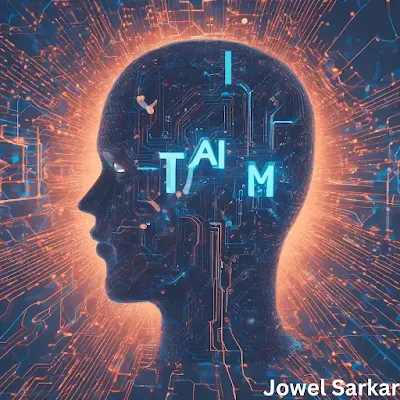AI Explained: Common Questions Answered
Understanding AI: Frequently Asked Questions
Introduction
Artificial Intelligence (AI) is a transformative technology that has gained significant attention in recent years. From self-driving cars to smart assistants, AI is reshaping our world. This FAQ blog aims to answer common questions about AI, helping you understand its basics, applications, and implications.
**Question:** What exactly is AI?
**Answer:** AI, or Artificial Intelligence, refers to the simulation of human intelligence in machines. These machines are designed to think and learn like humans, performing tasks such as problem-solving, decision-making, and language understanding.
**Question:** How does AI function?
**Answer:** AI operates through algorithms and machine learning models. These models are trained on vast amounts of data, enabling them to recognize patterns, make predictions, and improve over time.
**Question:** What are the different types of AI?
**Answer:** AI can be classified into three categories: Narrow AI, which is designed for specific tasks; General AI, which can perform any intellectual task that a human can; and Superintelligent AI, which surpasses human intelligence.
**Question:** Where is AI used?
**Answer:** AI has a wide range of applications, including healthcare (diagnosis and treatment recommendations), finance (fraud detection and trading), transportation (autonomous vehicles), and entertainment (recommendation systems).
**Question:** What are the advantages of using AI?
**Answer:** AI offers numerous benefits, such as increased
efficiency, reduced human error, enhanced decision-making, and the ability to
perform complex tasks that are beyond human capabilities.
**Question:** What are the potential risks associated with
AI?
**Answer:** AI poses several risks, including job displacement due to automation, privacy concerns, and the potential for biased decision-making if the underlying data is flawed.
**Question:** How is AI impacting employment?
**Answer:** AI is transforming the job market by automating routine tasks, creating new job opportunities in AI development and maintenance, and requiring workers to acquire new skills to stay relevant.
**Question:** What does the future hold for AI?
**Answer:** The future of AI is promising, with potential
advancements in various fields such as medicine, education, and climate
science. However, ethical considerations and regulatory frameworks will be
crucial to ensure its responsible development.
Conclusion




.png)
Post a Comment